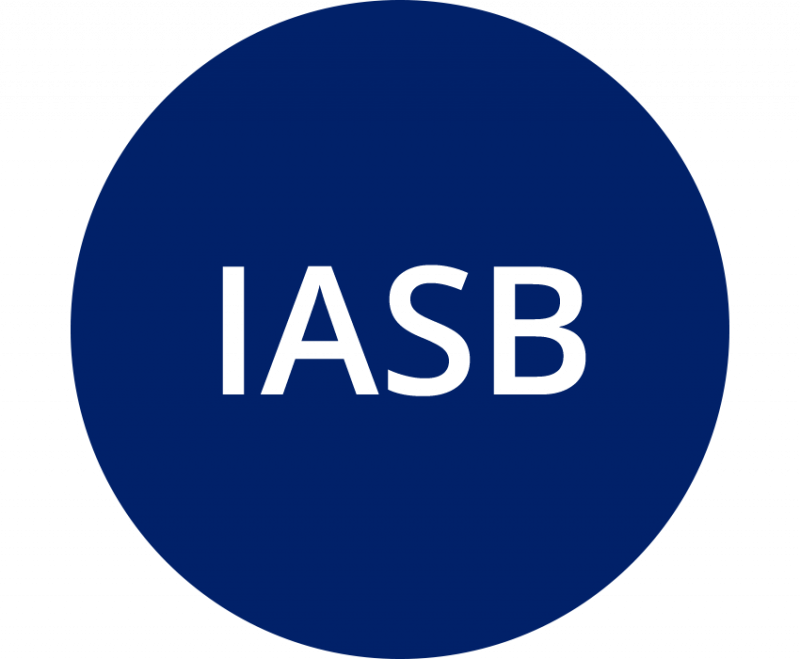CATEGORIES
- (3) Negotiating Tax Debt and Payment Arrangements with SARS
- (2)Account / Profile
- (549)Accounting
- (2)Accounting and Finance
- (28)Audit
- (156)Auditing and Assurance
- (1)Business
- (1)Business Management
- (3)Business Rescue
- (101)CIPC
- (7)Compliance
- (18)Ethics and Professionalism
- (46)Financial Reporting
- (1)Government Funding Applications
- (4)Guides
- (1)Individuals Tax
- (26)Law
- (37)Legal and Compliance
- (2)Management
- (10)Miscellaneous
- (28)Money Laundering
- (1)Personal & Professional Development
- (2)Practice Management
- (2)Professional Ethics
- (3)Public Sector
- (145)Regulatory Compliance and Legislation
- (41)SARS Issues
- (27)Sustainability Reporting
- (37)Tax
- (1)Tax Update
- (9)Technology
- (1)Wills, Estates & Trusts
- Show All
IASB: Narrow scope amendments to IAS 21 published
- 07 October 2024
- Auditing and Assurance
- South African Accounting Academy

Summary:
The International Accounting Standards Board (IASB) has published proposals in an Exposure Draft to address accounting issues that affect companies that translate financial information from a non-hyperinflationary currency to a hyperinflationary currency.
Article:
These proposals, which are narrow-scope amendments to IAS 21 The Effects of Changes in Foreign Exchange Rates, introduce translation requirements for these companies. The IASB expects the proposed translation requirements to improve information for users of financial statements while being simple and cost-effective for companies to apply.
In a hyperinflationary economy, financial information is useful only if it reflects a measure of current purchasing power of the currency. Applying IAS 21 today does not always result in that outcome and in some cases has led to diversity in accounting practice.
Benefits of the proposed amendments include:
- more consistent and useful information in financial statements presented in hyperinflationary currencies;
- removal of diversity in accounting practices related to translation into a hyperinflationary currency;
- improved comparability of financial statements among companies and jurisdictions; and
- simpler and low-cost accounting requirements for affected companies.
The deadline for comments is 22 November 2024.
Click here to download the 28-page Exposure Draft:
Relevance to Auditors, Independent Reviewers & Accountants:
- As an auditor and independent reviewer, you need to consider your clients’ compliance with accounting standards.
- As an accountant and compiler of financial statements, you need to consider amendments to standards that are issued by the standard-setting bodies, e.g. IASB, IAASB, etc.
Relevance to Your Clients:
- An entity compiling filing financials need to consider amendments to standards that are issued by the standard-setting bodies, e.g. IASB, IAASB, etc.






